1. Which national hero was once a famous valedictorian?
- Truong Dinh0%
- Nguyen Huu Huan0%
- Nguyen Trung Truc0%
- Vo Duy Duong0%
According to the monthly magazine Events & Witnesses , Mr. Nguyen Huu Huan was born in 1830 in Tinh Ha village, Thanh Quon commune, Kien Hung district, Kien An prefecture, Dinh Tuong province (now My Tinh An commune, Dong Thap province).
From a young age, he was known for his intelligence and studiousness. In 1852, he passed the provincial examination at Gia Dinh examination school, and from then on, he was respected and affectionately called “Thu khoa Huan” by the people in the region. With his talent and virtue, he was appointed by the Hue court as Giao thu (Director of Education, in charge of education and examinations in a district).
2. Why did he give up his position as Professor in 1859?
- He was bored with his official career and wanted to return to his hometown to teach.0%
- He did not get along with the local officials so he asked to resign.0%
- When the French attacked Gia Dinh citadel, he decided to leave his position to recruit soldiers to fight the enemy.0%
- He wants to go to China to continue his studies.0%
In February 1859, the French opened fire on Gia Dinh citadel. In that situation, in May 1859, Mr. Nguyen Huu Huan gave up his position as a professor, recruited young men in the area, and established a militia that grew to thousands of people.
In the years 1859-1861, Nguyen Huu Huan's army, along with the army of Truong Dinh, Nguyen Trung Truc, and Vo Duy Duong, coordinated with the royal army to fight.
3. Why was he arrested, and where did the French detain him?
- He continued to resist, was captured and exiled to Cayenne Island (South America).0%
- He had conflicts with the mandarins and was imprisoned in Hue.0%
- He recruited soldiers himself and was imprisoned in Gia Dinh.0%
- He lost the battle and was executed on the battlefield.0%
After the Nham Tuat Treaty (1862), the court disbanded the insurgents. Thu Khoa Huan still cooperated with Truong Dinh to fight resistance in many provinces, causing concern for the French. In 1864, he was captured by Governor Phan Khac Than and handed over to the enemy. He refused to submit, so the French military court sentenced him to 10 years of hard labor and exiled him to Cayenne prison (South America) - a place known as "hell on earth".
4. After being "pardoned", why did the First Prize Winner Huan fall into the enemy's hands again?
- He became an official, was suspected by the court and then handed over to the French.0%
- He continued the uprising, but was betrayed and exposed.0%
- Went to China to buy weapons but failed and was arrested.0%
- He surrendered to the French and was imprisoned.0%
In 1869, after 5 years in prison, he was released. Under the name of Professor, he taught and secretly built up his forces. In the early 1870s, his movement grew strongly, but encountered difficulties due to lack of weapons. In 1875, due to betrayal, he was arrested by the French in Cho Gao. Refusing to submit, the First Prize Winner Huan was executed in My Tho at the age of 45.
5. In your hometown, is there a school named Thu Khoa Huan?
- Correct0%
- Wrong0%
According to the Electronic Information Portal of the Communist Party of Vietnam , Thu Khoa Huan High School, established in 1983 in My Tinh An commune, Cho Gao district, Tien Giang (old). The school named after the national hero is the pride of the locality, reminding generations of students to follow the indomitable patriotism of Thu Khoa Huan.
Source: https://vietnamnet.vn/vi-anh-hung-dan-toc-nao-tung-la-thu-khoa-lung-lay-mot-thoi-2448847.html



![[Photo] Students of Binh Minh Primary School enjoy the full moon festival, receiving the joys of childhood](https://vphoto.vietnam.vn/thumb/1200x675/vietnam/resource/IMAGE/2025/10/3/8cf8abef22fe4471be400a818912cb85)

![[Infographic] Notable numbers after 3 months of "reorganizing the country"](https://vphoto.vietnam.vn/thumb/1200x675/vietnam/resource/IMAGE/2025/10/4/ce8bb72c722348e09e942d04f0dd9729)


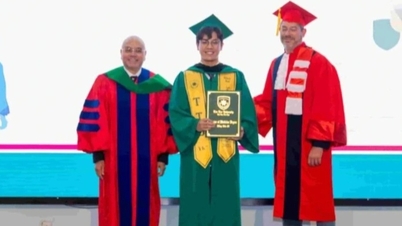















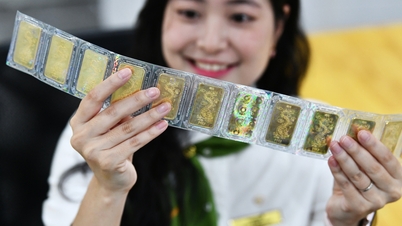

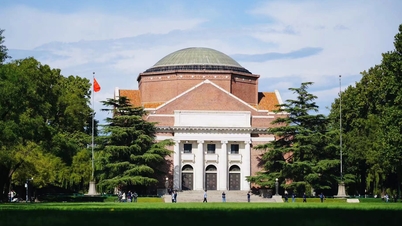

![[Photo] Prime Minister Pham Minh Chinh chairs meeting to deploy overcoming consequences of storm No. 10](https://vphoto.vietnam.vn/thumb/1200x675/vietnam/resource/IMAGE/2025/10/3/544f420dcc844463898fcbef46247d16)

















































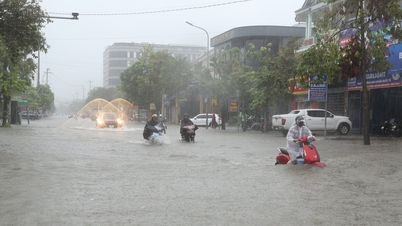

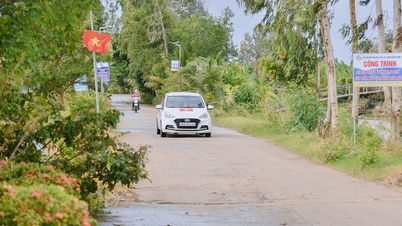

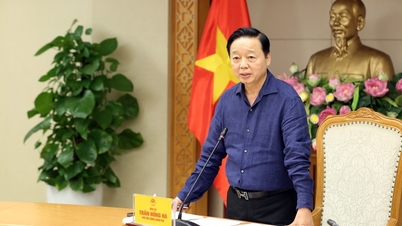

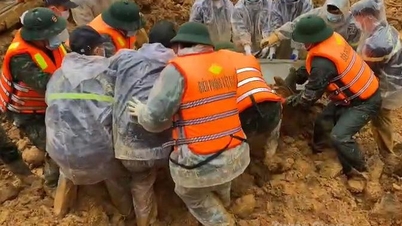

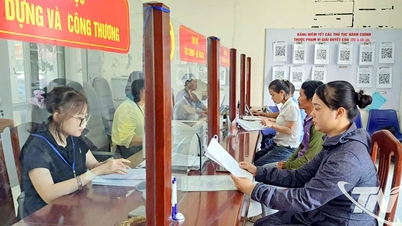













Comment (0)